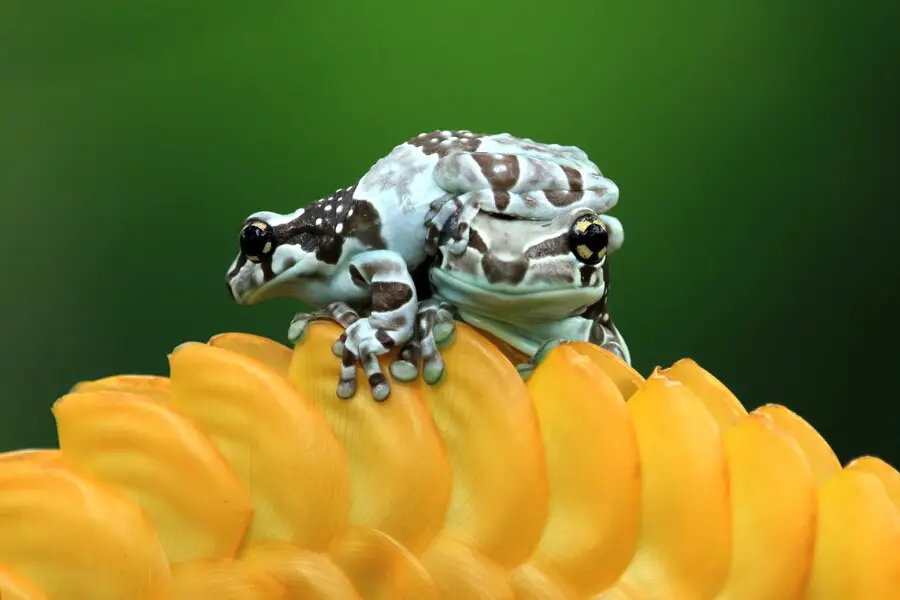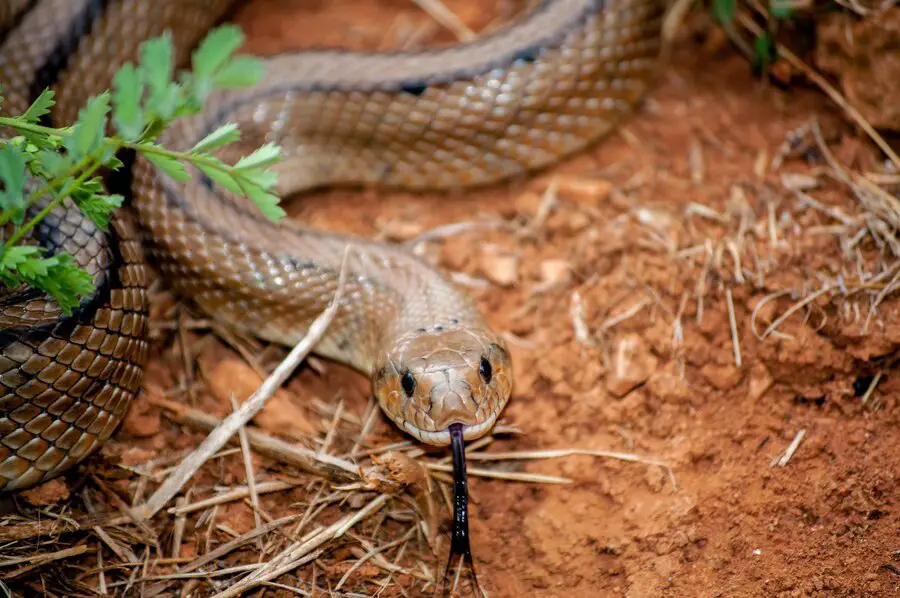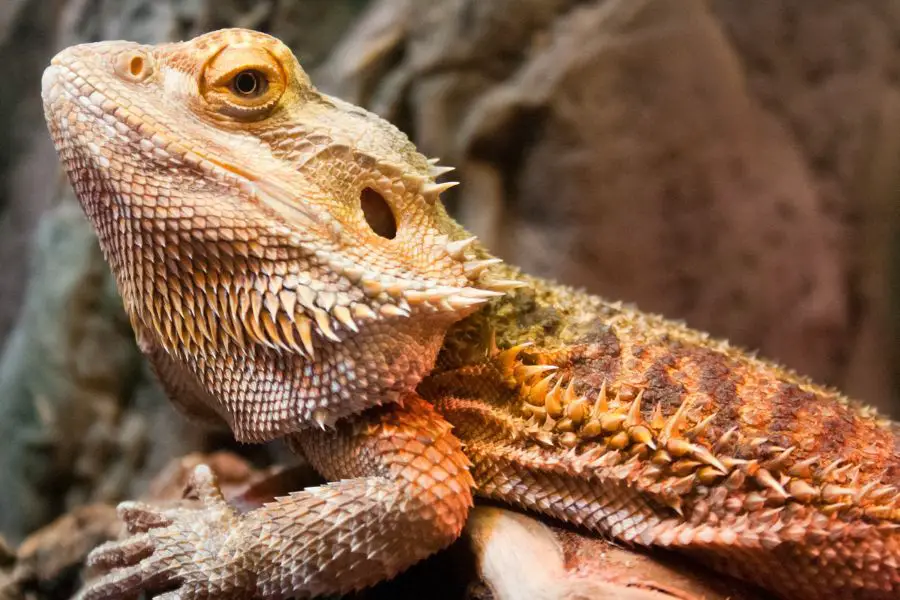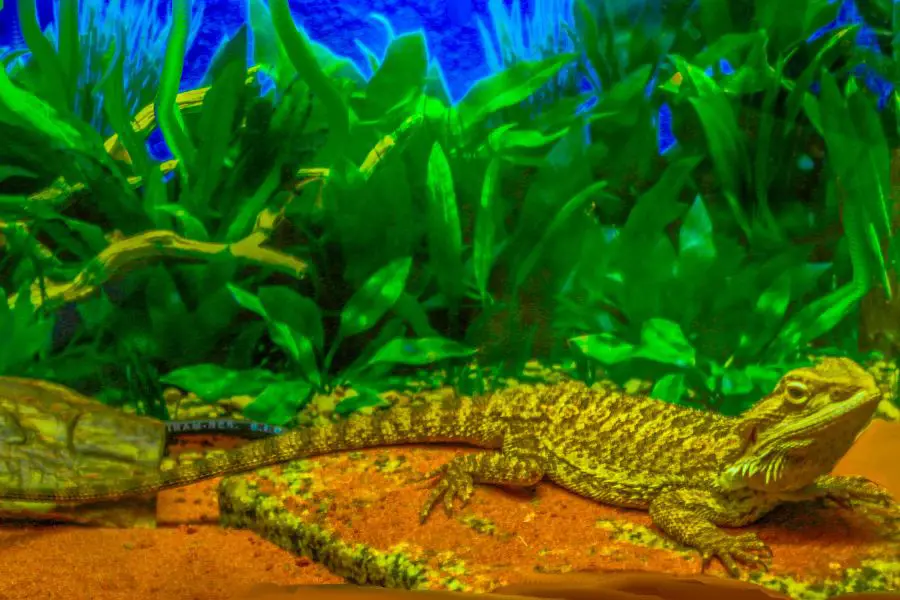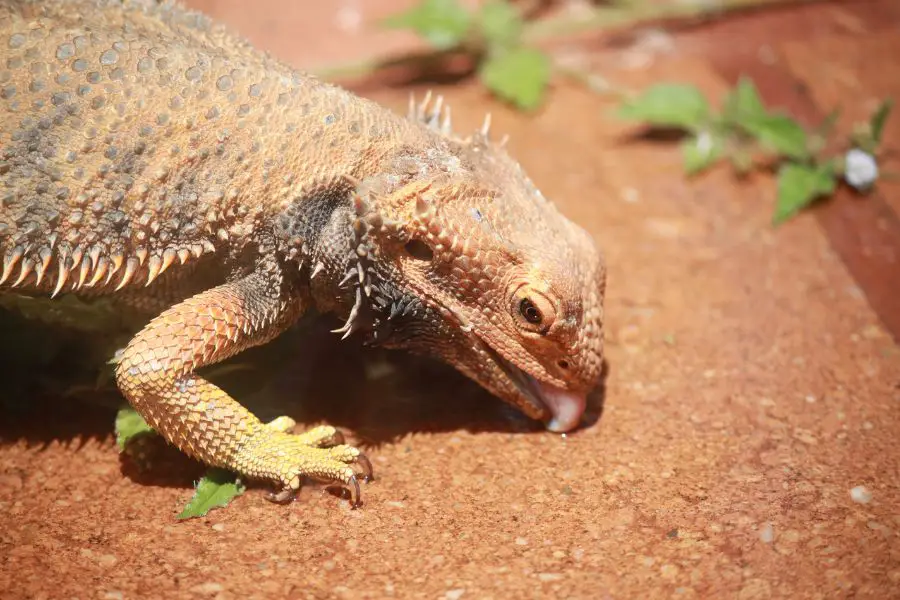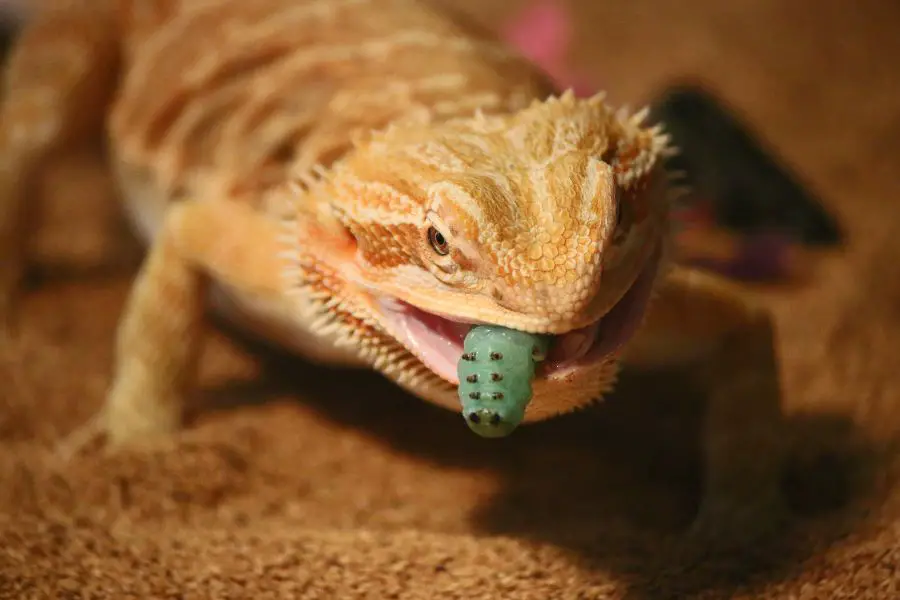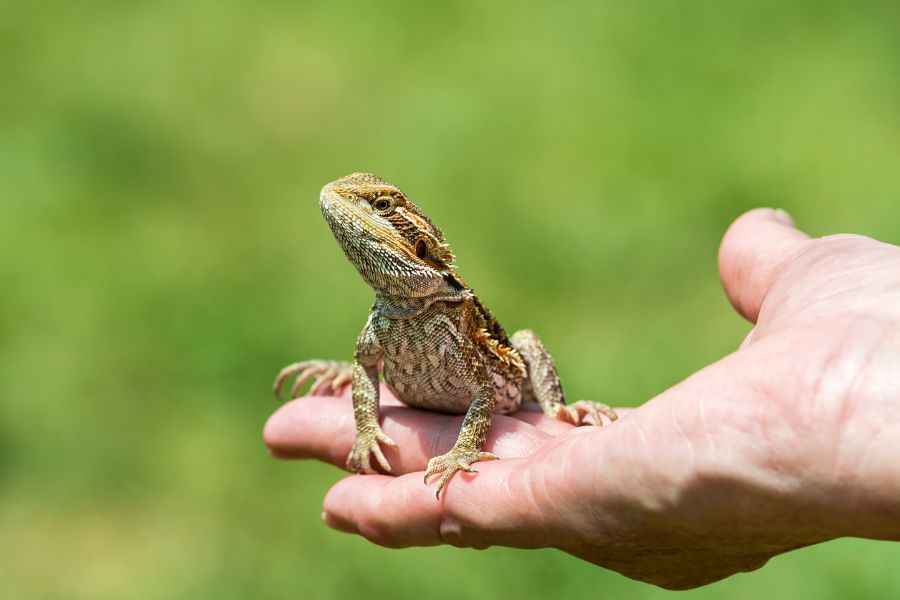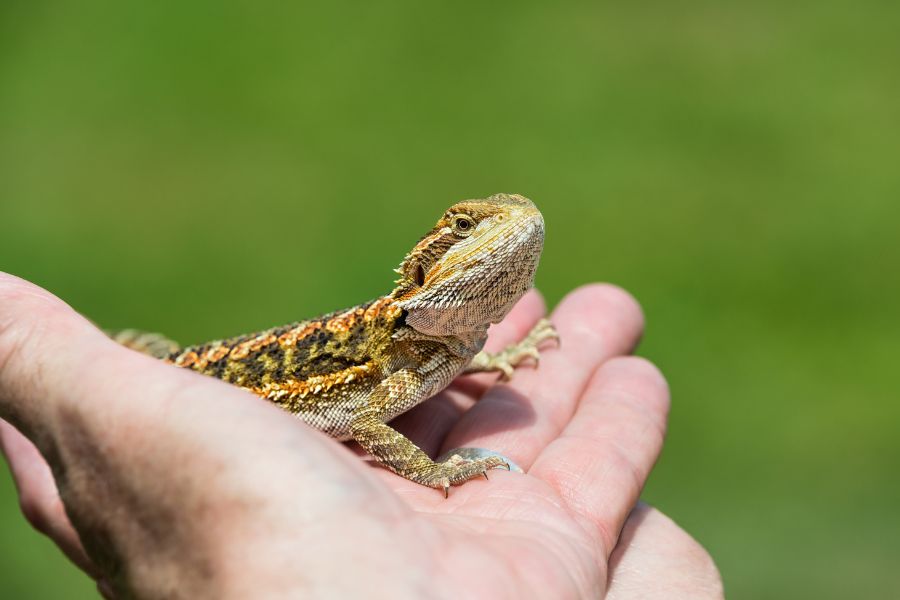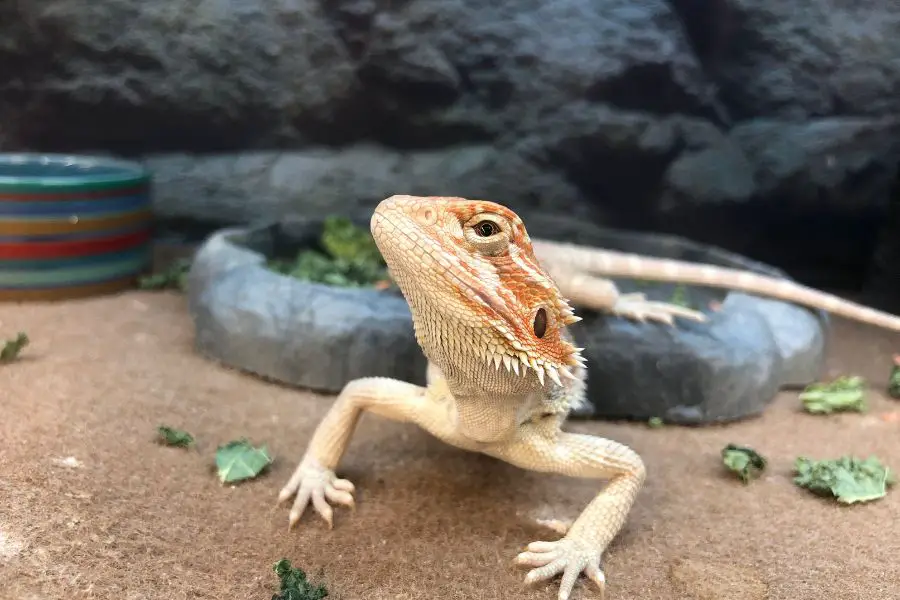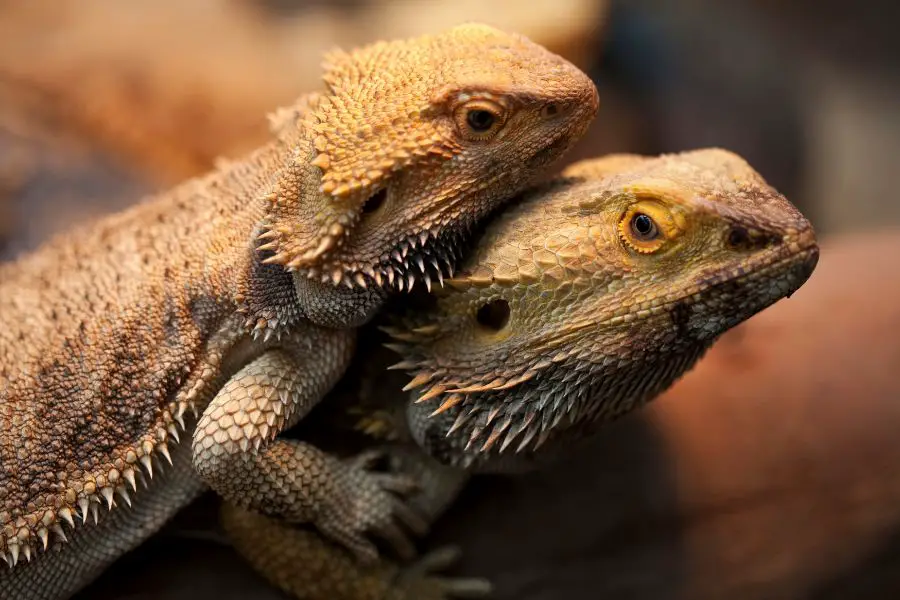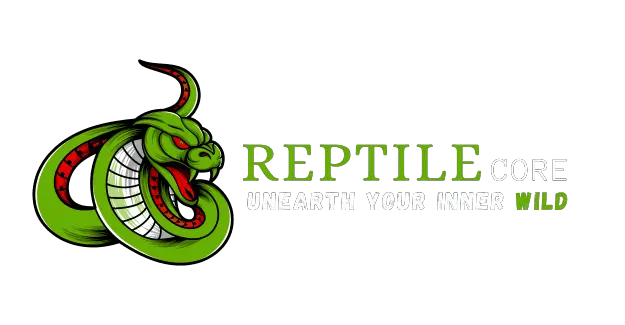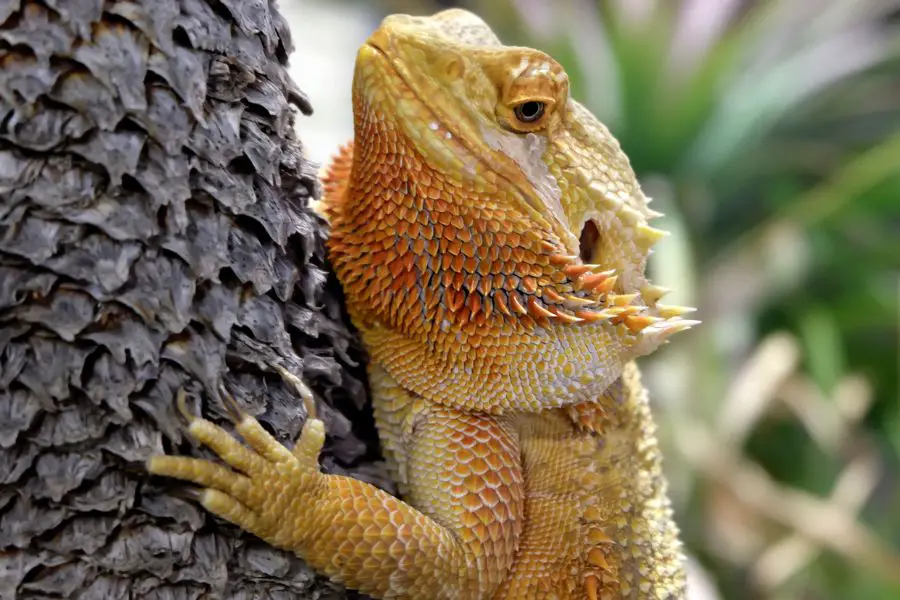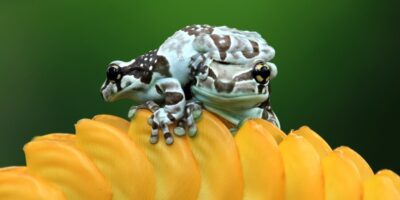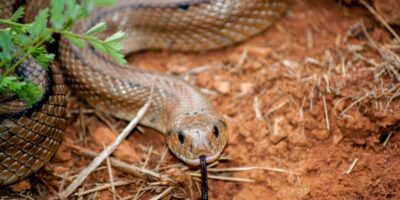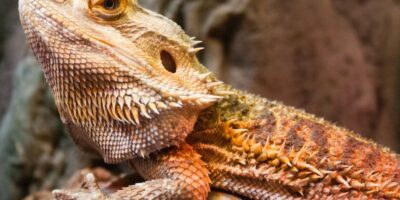Bearded dragons, cherished companions in the reptile world, are known for their amiable nature and unique dietary requirements. As omnivorous reptiles, they thrive on a balanced mix of insects, greens, and fruits. In this exploration, we delve into the intriguing question: Can bearded dragons eat pineapple? Join us as we uncover the nutritional aspects, feeding guidelines, and potential benefits of introducing this tropical delight into their diet, providing insights for responsible and enriching care.
Understanding Bearded Dragon Diets
Understanding the dietary needs of bearded dragons is paramount for their well-being. In the wild, these omnivorous reptiles exhibit a diverse diet comprising insects, vegetation, and occasional fruits. Observing their natural behaviors aids in replicating a balanced diet in captivity. Captive bearded dragons require a mix of proteins, vitamins, and minerals to thrive.
A staple of gut-loaded insects, such as crickets and mealworms, supplements their protein intake. Leafy greens and vegetables provide essential vitamins and fiber. Additionally, the introduction of fruits in moderation adds variety. Comprehending the nutritional requirements of captive bearded dragons ensures a diet that mirrors their natural habits, fostering optimal health and longevity in these captivating reptilian companions.
Pineapple Nutrition Profile
The pineapple, a tropical delight, offers a rich nutritional profile that can be intriguing for bearded dragons. Packed with vitamins, particularly vitamin C, pineapple supports their immune system and overall health. This juicy fruit also provides essential minerals like manganese, aiding in bone formation and metabolism. Moreover, the natural sugars in pineapple offer a quick energy boost for these active reptiles.
The bromelain enzyme found in pineapple possesses anti-inflammatory properties, potentially contributing to digestive health. While pineapple can be a source of hydration due to its water content, it’s crucial to consider the high sugar content and feed it in moderation. Understanding the nutritional benefits of pineapple allows responsible reptile owners to introduce this tropical treat as an occasional and well-balanced addition to their bearded dragon’s diet.
Moderation And Frequency
Moderation is key when introducing pineapple to a bearded dragon’s diet. While this tropical fruit offers nutritional benefits, a balanced diet is crucial for their well-being. Limit pineapple consumption to prevent excessive sugar intake, and vary their diet with other fruits, vegetables, and protein sources.
Regularly monitoring portions and ensuring diversity in their meals promotes a healthy and well-rounded nutritional profile, aligning with the specific dietary needs of bearded dragons. This cautious approach to moderation and frequency underscores the importance of maintaining a balanced diet for these reptilian companions, supporting their overall health and vitality.
Cutting Pineapple
When preparing a pineapple for bearded dragons, it’s essential to cut it into bite-sized pieces for easy consumption. Removing the tough outer skin and spiky rind ensures safe ingestion. Equally important is avoiding additives, preservatives, and pesticides. Choose organic pineapples when possible to minimize exposure to harmful chemicals.
Thoroughly wash the fruit before cutting to eliminate potential residues. Providing clean, pesticide-free pineapple chunks not only enhances the safety of the treat but also preserves the nutritional benefits for bearded dragons, contributing to their overall well-being.
Preparing Pineapple For Bearded Dragons
Ensuring the safe inclusion of pineapple in a bearded dragon’s diet involves meticulous preparation. Start by thoroughly washing the pineapple to eliminate pesticides and residues. Opt for organic varieties to minimize exposure to harmful chemicals. Once cleaned, use a knife to skillfully peel away the tough outer skin and spiky rind, leaving only the succulent fruit.
Precision is key when cutting the pineapple into bite-sized pieces, facilitating easy consumption for these reptiles. Crucially, avoid additives and preservatives that may be present in commercially processed pineapples. By adhering to proper washing, peeling, and cutting techniques while removing harmful substances, you guarantee a wholesome and safe pineapple treat for your bearded dragon, enhancing their dietary variety responsibly.
Monitoring Bearded Dragons’ Responses
Vigilant monitoring of bearded dragons’ responses to new dietary additions is crucial for their well-being. After introducing pineapple, keenly observe their behavior and digestive patterns. Healthy dragons typically display interest and enthusiasm for new foods, showcasing active exploration and engagement. However, any signs of lethargy, decreased appetite, or unusual behavior should be noted promptly, as they might indicate discomfort or digestive issues.
Additionally, observe their stool for any abnormalities, as changes in consistency or color could signify digestive distress. Being attuned to these cues allows for swift adjustments to their diet, ensuring that the introduction of pineapple aligns harmoniously with the unique needs and sensitivities of individual bearded dragons. Regular and attentive monitoring is a cornerstone of responsible pet ownership, contributing to the overall health and happiness of these captivating reptilian companions.
Signs Of Allergies Or Discomfort
As responsible bearded dragon owners, identifying signs of allergies or discomfort is crucial when incorporating pineapple into their diet. Watch for any adverse reactions, such as excessive scratching, swelling, or changes in skin color. Respiratory distress or wheezing may indicate allergic responses. If such signs manifest, promptly discontinue pineapple consumption and consult a veterinarian.
Additionally, observe behavioral cues like refusal to eat, lethargy, or agitated behavior, as these may signify digestive discomfort. Adjust the pineapple intake based on individual reactions, introducing the fruit gradually and in smaller amounts. This cautious approach ensures that the introduction of pineapple aligns with the dragon’s unique sensitivities, fostering a safe and enjoyable dietary experience.
Prioritizing the well-being of your bearded dragon involves attentive observation and a proactive response to any signs of allergies or discomfort during dietary adjustments.
Pineapple And Hydration
Pineapple contributes to bearded dragons’ hydration due to its high water content. While it aids in hydration, supplementing with additional water sources remains vital to maintain optimal hydration levels. Providing fresh water alongside pineapple ensures that these reptiles have access to the necessary fluids, promoting overall health and preventing dehydration.
Potential Risks And Concerns
Navigating the introduction of pineapple to a bearded dragon’s diet requires awareness of potential risks and concerns. Pineapple contains oxalates, compounds that, in excess, may bind with calcium and potentially lead to metabolic imbalances. Monitoring calcium levels and ensuring a varied diet can mitigate this risk. Additionally, pineapple’s natural sugars may pose digestive challenges if consumed excessively.
Owners should observe for signs of diarrhea or digestive discomfort and adjust pineapple intake accordingly. When in doubt or facing specific health concerns, consulting with a reptile veterinarian is crucial. Veterinarians can provide personalized advice, addressing individual health considerations and guiding owners in optimizing their bearded dragon’s diet for sustained well-being.
Variety In The Bearded Dragon Diet
Encourage a diverse bearded dragon diet for optimal health. Introducing various fruits and vegetables complements their nutritional needs, ensuring a balanced and well-rounded meal plan. This variety not only supports overall health but also mirrors their natural feeding behaviors, promoting physical and mental well-being in these captivating reptilian companions.
Conclusion
In conclusion, understanding the role of pineapple in a bearded dragon’s diet involves careful consideration and responsible feeding practices. We’ve highlighted key points, emphasizing the importance of moderation, proper preparation, and vigilant monitoring. To ensure the well-being of these beloved reptilian companions, encourage a well-rounded and varied diet that incorporates diverse fruits, vegetables, and protein sources.
By taking a thoughtful and informed approach to their nutritional needs, you contribute to your bearded dragon’s overall health, happiness, and longevity. Remember, responsible ownership involves adapting their diet based on individual responses and seeking veterinary advice when needed.
